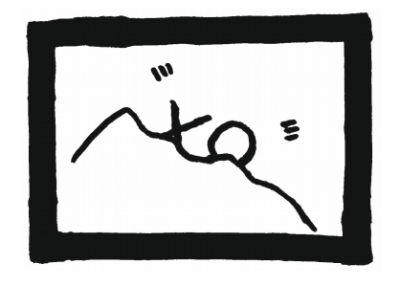Pattern Discovery
| Pattern Discovery | |
| Contributors | Christian Köppe |
|---|---|
| Last modification | June 6, 2017 |
| Source | Köppe (2011)[1][2]; Köppe (2013)[3] |
| Pattern formats | OPR Alexandrian |
| Usability | |
| Learning domain | |
| Stakeholders | |
Also Known As: Discover Your Own Pattern
The students have enough knowledge of the subject addressed by some of the more simple patterns and they probably already applied the pattern solution without knowing that this was a pattern implementation. You now want to show the students where patterns come from.
Students see patterns as something that intelligent people have written. They don’t understand that these mostly are captured “best known practices" and that experienced people use them without thinking about them.
Therefore: Show students how patterns emerge by letting them discover an existing and well-known pattern by themselves.
We consider this pattern as true invariant, taking into account that it is only applicable for patterns which match with the experience of the students or pattern learners. It was for example used for introducing pedagogical patterns during a lecturer’s workshop and also during a presentation at the Dutch Conference on Computer Science Education in 2011[4].
Context
Problem
Forces
Solution
Consequences
Benefits
Liabilities
Evidence
Literature
Discussion
Data
Applied evaluation
Related patterns
Example
References
- ↑ Pattern first published in Köppe, C. (2011). A pattern language for teaching design patterns (part 1). In Proceedings of the 16th European Conference on Pattern Languages of Programs (EuroPLoP 2011) (p. 2). New York:ACM.
- ↑ Patlet published in Köppe, C. (2011). A pattern language for teaching design patterns (part 2). In Proceedings of the 18th Conference on Pattern Languages of Programs (PLoP 2011). New York:ACM.
- ↑ Pattern also published in Köppe, C. (2013). A Pattern Language for Teaching Design Patterns. In Transactions on Pattern Languages of Programming III (pp. 24-54). Springer Berlin Heidelberg.
- ↑ Köppe, C. (2011). Een tijd-(en grenze) loze manier van onderwijs: Pedagogical Patterns. In Proceedings of the NIOC 2011 conference. Heerlen, Netherlands.
